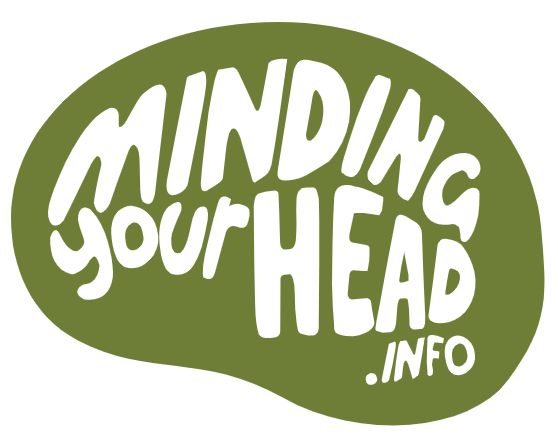Children and Younger People
In Northern Ireland, four out of ten youths between the ages of 11 and 16 report feeling lonely "most of the time," and 6% report chronic loneliness. These statistics highlight the high prevalence of loneliness among children and youth.
What is Loneliness and Social Isolation?
Loneliness is a personal, subjective feeling that arises when a young person’s social relationships do not meet their emotional needs. It is important to note that a child or young person can feel lonely even when surrounded by others.
Social isolation, on the other hand, refers to a lack of regular contact with peers, family, or community. This can lead to loneliness, but the two are not always the same.
There is now strong evidence to suggest that a lack of social relationships and long-term loneliness affect health. One in three people in Northern Ireland feel they are lonelier than not.
Why it Happens
Children and young people may experience loneliness and isolation for a variety of reasons, including:
- Moving to a new school or area
- Difficulties with peer relationships or bullying
- Family changes or bereavement
- Health issues or additional needs
- Reduced access to in-person social activities
- Over-reliance on digital interaction, without meaningful connection
Impact on Wellbeing
Loneliness during childhood and adolescence can have a lasting impact on mental and emotional wellbeing. Some potential effects include:
- Increased anxiety or low mood
- Reduced self-esteem
- Poor concentration and academic performance
- Withdrawal from activities and social opportunities
In the long term, these feelings may contribute to mental health challenges and reduced life satisfaction.
Seeking Help and Support
Support is available, and early intervention can make a significant difference.
Children and young people are encouraged to:
- Speak to a trusted adult - such as a parent, teacher, or school counsellor
- Access school-based pastoral support or wellbeing services
- Participate in community or extracurricular activities to help build confidence and relationships
- Contact local youth support services or national helplines, such as Childline or The Samaritans
The Youth Wellness Web has been co-designed by young people for young people to provide easy access to a range of resources and services that are available to help those struggling with bereavement, bullying, their mental health and advice for those worried or anxious.
No young person should feel alone and should feel they can get the support they need when they need it at any time or any place, no matter how big or small the situation.
If you are, or someone you know, is lonely or isolated and want to make a change, there is support available below:
If you are a parent, carer or professional working with young people, there are resources and referral pathways available to help provide the right support at the right time.
Support Resouces are Available here










